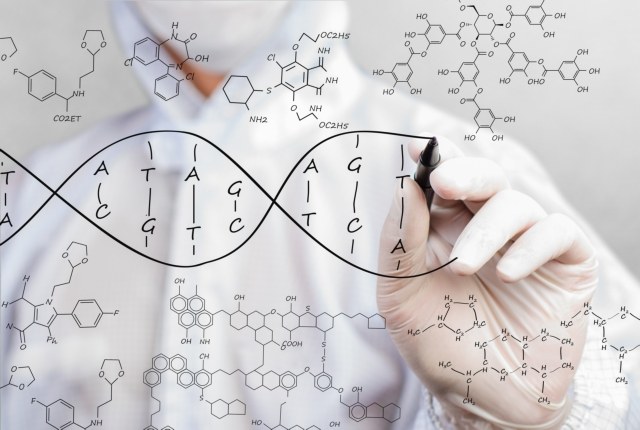The research project led by Francesco Chemello, a professor at the Department of Pharmacy and Biotechnology at the University of Bologna and funded by the Telethon Foundation, focuses on potential therapeutic approaches for Duchenne Muscular Dystrophy (DMD). DMD is a genetic disease that affects muscles, resulting in loss of mobility and premature death due to cardio-respiratory complications.
The project is one of 22 winners out of 127 proposals received in the third round of the multi-round call for proposals, with which Telethon Foundation allocated 3,904,094 euros, collected thanks to citizen donations. With this latest allocation, more than 3,000 projects have been funded by the Foundation since its inception.
Duchenne Muscular Dystrophy (DMD) is caused by mutations in the dystrophin gene, a protein that acts as a shock absorber for muscle cells, reducing mechanical stress during muscle contraction. Another protein, called utrophin, can perform a similar function, but it is scarce in cardiac and skeletal muscle due to small RNA molecules called microRNAs, which inhibit its production.
The aim of the study is to develop a universal therapeutic strategy that can improve the quality of life and increase the life expectancy of all DMD patients, regardless of the type of pathogenic mutation, through genome editing technology known as "base editing". This approach could promote the overproduction of utrophin, enhancing muscle function in patients.
The Multi-round call for proposals by the Telethon Foundation was launched in 2021 to allow researchers seeking funding to submit their projects on four occasions over three years, with the option to revise and resubmit them considering the expert commission's comments in case of a negative evaluation. For this third round of the call, the evaluation of individual projects was entrusted to the Foundation's Medical Scientific Commission (CMS), composed of 28 members, who were supported by 199 external reviewers.

